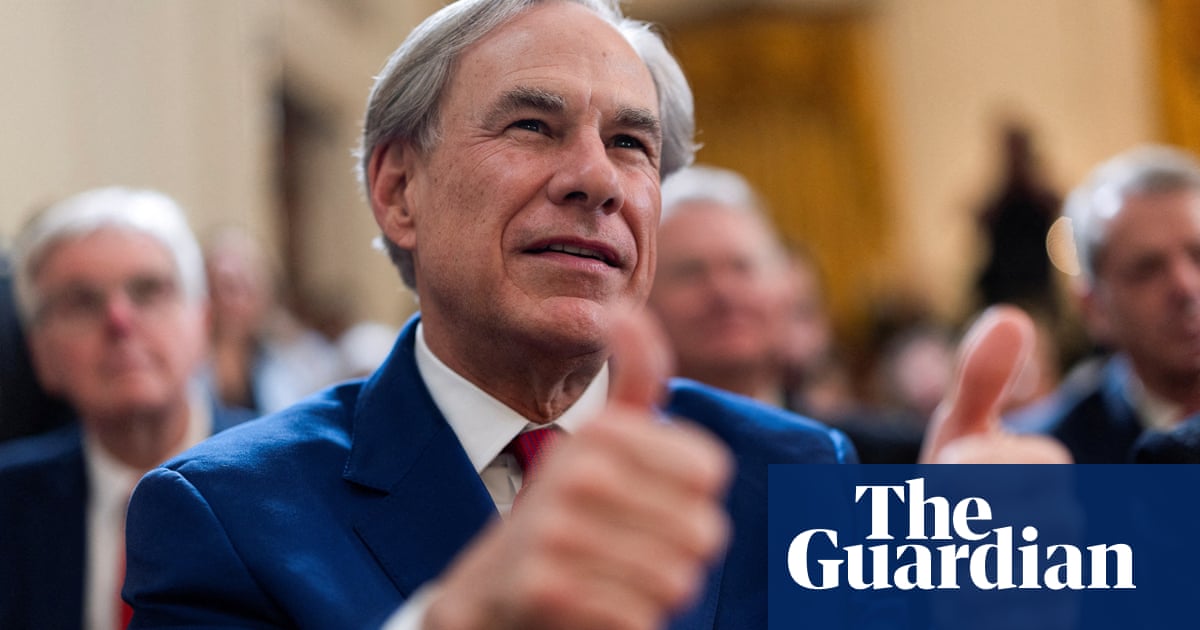Texas Governor Greg Abbott recently signed a significant law allowing over 5 million students to use state funds for private school education. This move marks a pivotal change in the ongoing debate about public versus private education in the U.S.
The state plans to allocate $1 billion over two years for this program, making Texas the 16th state to introduce such a universal school choice initiative. Abbott described the event as a milestone, emphasizing that parents now have the power to choose the best educational path for their children.
Supporters argue that school vouchers give families more control over education. However, critics raise concerns about the potential impact on public school funding and accessibility. Currently, more than 1 million U.S. students benefit from state funds or tax credits to attend private schools, according to EdChoice, an organization that advocates for school choice.
Under the new Texas law, students will be eligible for up to $10,000 annually to attend private schools starting in the 2026-27 school year. To ensure quality, students using vouchers will have to take standardized tests, and schools that accept them will undergo annual audits. However, the law limits 20% of the voucher funds to families earning above 500% of the federal poverty level, which is roughly $160,000 for a family of four.
The push for school vouchers in Texas has been ongoing for over three decades. Until now, opposition from Democrats and some rural Republicans had stymied these efforts, fearing that funneling funds to private institutions could harm public schools in areas with fewer private options.
Recently, Abbott has rallied pro-school choice Republicans to challenge anti-voucher candidates in primary elections, resulting in significant shifts in the Texas legislature. Notably, Jorge Borrego from the Texas Public Policy Foundation commended Abbott for his leadership in this area.
Interestingly, while Abbott is pushing for vouchers, he also advocated for substantial increases in public school funding. The Texas House is considering a $7.7 billion boost for public schools over the next two years. However, critics point out that even with this increase, schools would still require nearly $20 billion to keep up with inflation since 2019.
In terms of spending, Texas ranks near the bottom nationally, at 47th in per-student spending, according to the National Education Association. The funding model ties public school budgets to student enrollment, meaning a drop in numbers due to vouchers could have severe financial impacts.
Education advocates like Libby Cohen, executive director of Raise Your Hand Texas, have voiced strong concerns. They argue that while increased funding is welcome, it might not compensate for losses from the voucher program, which could lead to diminished resources for public schools.
Randi Weingarten, president of the American Federation of Teachers, criticized the direction of federal education funding, suggesting it may disadvantage the most vulnerable students by redirecting resources to private institutions that can choose their students.
Jon Valant from the Brookings Institution also expressed concerns about how vouchers could reinforce social inequalities in education. He noted that since voucher amounts often don’t cover full private school tuition, only affluent families may fully benefit, leaving public systems struggling.
Meanwhile, advocates from the Heritage Foundation view this law as a step toward empowering families to make choices that align with their educational values.
The ongoing debate around school vouchers continues to polarize opinions, reflecting larger issues about equity, access, and the direction of educational policy in America. As states like Texas pave the way for similar programs, the implications for public education will be watched closely by all stakeholders involved.
For more insights on the impact of such legislative changes, you may check out EdChoice’s latest report.





















